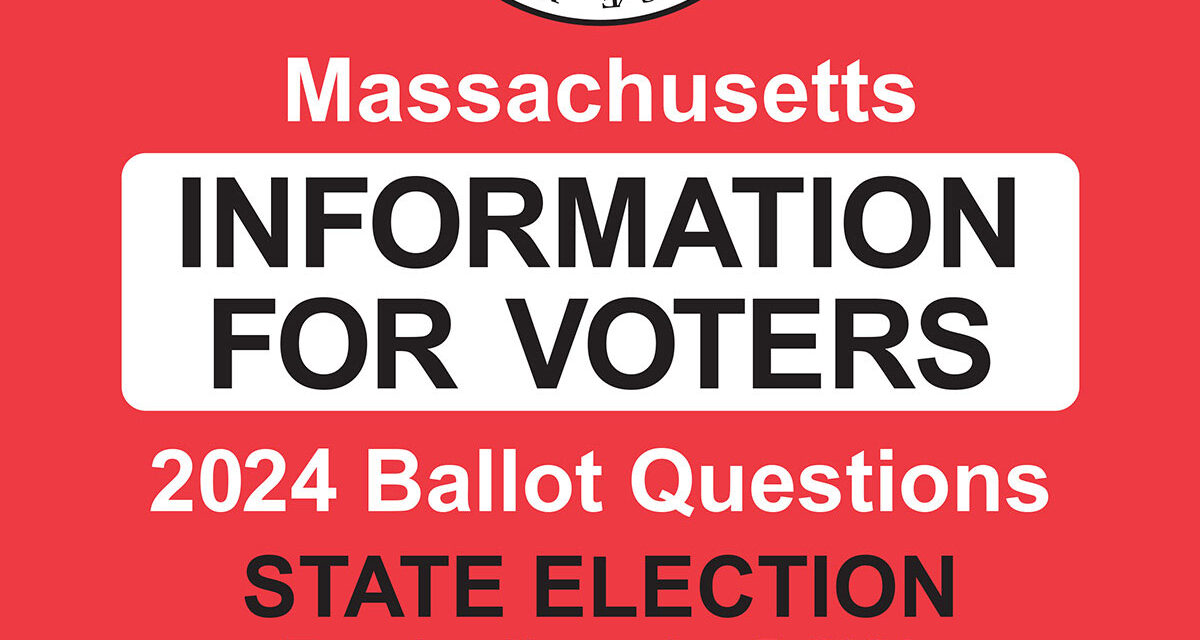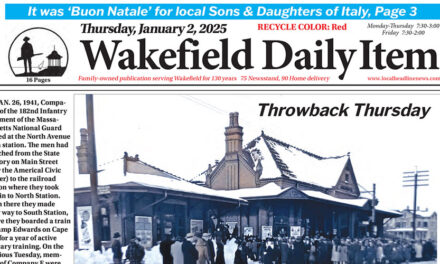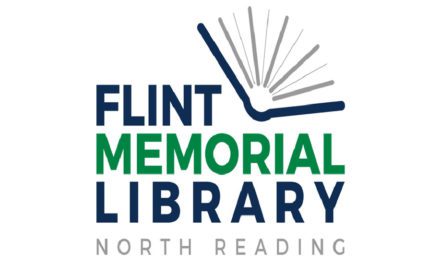By ROBERT KATZEN
Beacon Hill Roll Call
Note: Bob Katzen, editor of Beacon Hill Roll Call, has compiled summaries of the five ballot questions facing voters on November 5. Here is Question 4. The final summary will run tomorrow.
QUESTION 4: Limited legalization of certain natural psychedelic substances.This question asks voters if they approve of a proposed law that would allow persons aged 21 and older to grow, possess and use certain natural psychedelic substances in some circumstances. The psychedelic substances allowed would be two substances found in mushrooms (psilocybin and psilocyn) and three substances found in plants (dimethyltryptamine, mescaline and ibogaine). These substances could be purchased at an approved location for use under the supervision of a licensed facilitator. This proposed law would otherwise prohibit any retail sale of natural psychedelic substances and would also provide for the regulation and taxation of these psychedelic substances.
WHAT SUPPORTERS SAY
“We are incredibly optimistic about the campaign,” Emily Oneschuk, campaign director for “Yes on 4” told Beacon Hill Roll Call. “Every day, I’m talking to new people who are excited about a new mental health option after decades of the same treatments that don’t work for everyone.”
Oneschuk continued, “There are veterans, end-of-life care patients, people with treatment resistant depression and so many more who can’t get access to this therapy, who are still struggling and who still can’t find relief. This campaign is giving hope to a lot of people who have been left behind and forgotten by the mental healthcare system. Voters should vote yes to bring safe, regulated and effective care to those struggling in Massachusetts.”WHAT OPPONENTS SAY
“This ballot question is poorly written and ill conceived,” Chris Keohane, spokesperson for “No on 4,” told Beacon Hill Roll Call. “Our opposition isn’t related to questioning the potential medicinal benefits of psilocybin. Our opposition comes from the contradictory language of the question itself and the dangers it opens up. Unlike the marijuana ballot question eight years ago, this one does not contain a community opt out provision. If it were to pass, all 351 cities and towns of Massachusetts would have to allow facilities in.”
Keohane continued, “Allowing 144 square feet of home growth is dangerous and certainly isn’t medicine. It is self-medication without a medical professional. To put it in perspective, this allows someone to grow psychedelics in an area equivalent to the average bedroom in Massachusetts. It also allows for distribution to friends and family. We firmly believe this would expand a gray market of distribution. While the proponents continue to make promises of hope for those in need, it is clear that their funding is coming from venture capitalists with a vested financial interest in psychedelics.”
OFFICIAL ARGUMENTS: Here are the official arguments, gathered by the secretary of state, for each side of the question:
IN FAVOR: Written by Mental Health Counselor Lt. Sarko Gergaria, https://maformentalhealth.org
“Vote yes on 4 to provide safe, regulated access to promising natural psychedelic medicines for treatment-resistant PTSD, anxiety and depression. Psychedelics will be available in approved therapeutic settings under the supervision of trained and licensed facilitators, not sold in stores to take home.
Research from leading medical institutions including Mass General Brigham, Dana Farber Cancer Institute and Johns Hopkins shows that psychedelic medicines can be effective treatments for depression and anxiety. In fact, the FDA recently granted psilocybin a breakthrough therapy designation.
For many people who are suffering, daily medications and other standard treatments aren’t working. Over 6,000 veterans die by suicide annually, and countless more struggle from service-related trauma. Natural psychedelic medicine can also offer patients with a terminal diagnosis relief from end-of-life anxiety and help them find peace.
That’s why Question 4 is supported by doctors, mental health providers and veteran advocates. Vote yes to expand mental health options.”
AGAINST: Written by Dr. Anahita Dua, Surgeon, Massachusetts General Hospital, www.SafeCommunitiesMA.com.
“Question 4 would decriminalize psychedelics, open for-profit centers, allow for growth in a 12-foot by 12-foot area in homes and distribution statewide. A black market is inevitable with this amount of home growth.
In recent years, driver’s license revocations for drugged driving rose 65 percent and fatal DUI crashes increased over 50 percent. With one in three frequent psychedelic users reporting driving under the influence of psychedelics in the past year, this will increase.
The psychedelic ibogaine has life-threatening cardiotoxicity. Heart failure can occur days after one dose. Accidental consumption of edibles is especially dangerous to children and pets. The centers aren’t required to be run by medical professionals, cannot provide critical care during adverse reactions and aren’t prohibited from giving psychedelics to high-risk patients like those with schizophrenia, bipolar illness and pregnant or breastfeeding women.”





